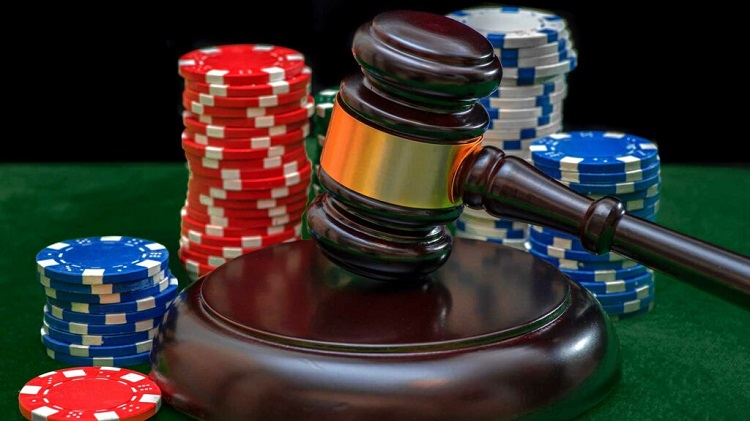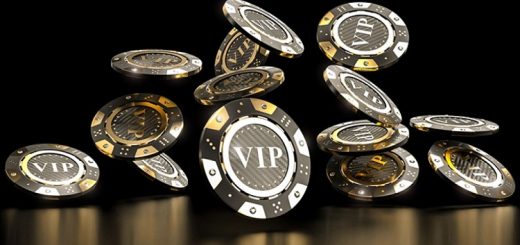Evolution of Philippine Gambling Laws
For centuries, gambling has been an integral part of Philippine society, developing with the nation’s legal, cultural, and economic environments. In this article, we will explore the evolution of Philippine gambling laws, and trace their development from colonial times to recent days.

Colonial influence
During the Spanish colonial era, many kinds of betting and games of chance were introduced, which is when gambling first appeared in the Philippines. The Spanish government eventually made an effort to control these activities through ordinances and decrees, even though they were first permitted. However, these early attempts at gambling regulation were inconsistent and largely ineffective.
American era
Early in the 20th century, when American colonial power arrived in the Philippines, the country’s gambling regulations faced substantial modifications. The Americans implemented a more structured legal system with the intention of controlling and supervising gaming operations. However, around this time there was also an increase in illegal gaming, which caused further attempts to tighten laws.
Post-independence challenges
A renewed focus on defining the nation’s identity emerged in the post-independence era, and gambling regulations were not exempt from this assessment. In order to regulate and supervise the nation’s gaming business, the government established the Philippine Amusement and Gaming Corporation (PAGCOR) in the 1970s. By unifying regulatory power under a single entity, PAGCOR’s establishment was a turning point in the development of Philippine gaming laws.
Emergence of integrated resorts
The Philippine government introduced the idea of integrated resorts in the 2000s, which was a brave approach. The goals of this action were to increase tourism, attract foreign investment, and generate income. The centerpiece of this massive project was the Entertainment City project in Manila, which includes premium casinos, lodging facilities, and entertainment centers. The government’s acceptance of this strategy demonstrated a more practical approach to regulating gaming.
Rise of online gambling
Regulating online gambling became more difficult for the Philippines as technology advanced. An increase in offshore operators serving Filipino players was caused by the absence of a proper regulatory framework for online gaming. In response, the government started formulating legislation to deal with the complexities of the digital age. The Philippine Offshore Gaming Operator (POGO) industry emerged, seeking to strike a balance between embracing the economic benefits of online gambling and ensuring regulatory control.
Current Regulatory Rules
In present days, Philippine gambling laws continue to evolve in response to the changing nature of the industry. The government is still dedicated to encouraging responsible gaming and upholding a fair balance between profits and social responsibility. Reputable online casinos like Good feeling casino (좋은느낌카지노) follow PAGCOR rules, in order to ensure fair play and prevent issues like money laundering and underage gambling.
Conclusion
The Philippines continues to lead the way in developing a responsible and sustainable gaming environment for its people, even if the industry adjusts to new trends and technologies. From the above, you can get a detailed understanding of the evolution of Philippine gambling laws.



Commenti recenti